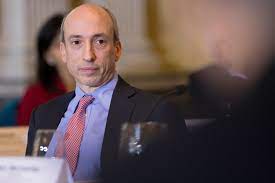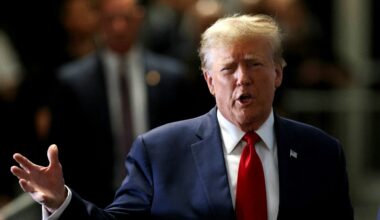On March 7th, the District of Columbia Circuit Court of Appeals presided over the first appeals hearing regarding the SEC’s rejection of Grayscale Investments’ spot Bitcoin ETF application.
The hearing saw Judges Neomi Rao, Harry Edwards, and Chief Judge Sri Srinivasan question the SEC’s arguments and its requirement for the approval of a spot Bitcoin ETF.
Grayscale’s lead counsel, Don Verrilli, argued that the SEC’s rejection was “arbitrary” and that the regulator had approved futures-based ETPs even though they are both derived from the price of Bitcoin. Verrilli also emphasized that Grayscale wants to be regulated and is looking for a way forward.
However, SEC lawyer Emily Parise said that Grayscale’s argument was an “unsupported empirical leap” and that the company had not provided sufficient data to prove causation between the spot and futures markets.
Despite this, Judge Neomi Rao pointed out that Grayscale had provided a lot of information on how the two markets function with each other, but the SEC has not accepted the company’s reasoning. Judge Rao added that the SEC needed to explain why they think Grayscale is wrong in the evidence that they have presented.
Furthermore, Judge Rao questioned the SEC’s logic in rejecting the spot Bitcoin ETF application, considering that the SEC had previously concluded that futures prices are led by spot prices and that fraud and manipulation on the spot market can be “adequately addressed on the futures market as it’s a regulated one.”
Parise explained that the SEC lacks sufficient evidence and data to approve a spot ETF and prevent fraud and manipulation the same way it does for futures products.
The hearing raises important questions regarding the SEC’s stance on Bitcoin ETFs and highlights the need for more evidence-based decisions regarding crypto investments.
While the judges have yet to make a final decision, the hearing shows a growing interest and understanding of the crypto market among legal professionals.



